Updated on July-19-2023
现在完成时,一般过去时,强调的东西不一样。

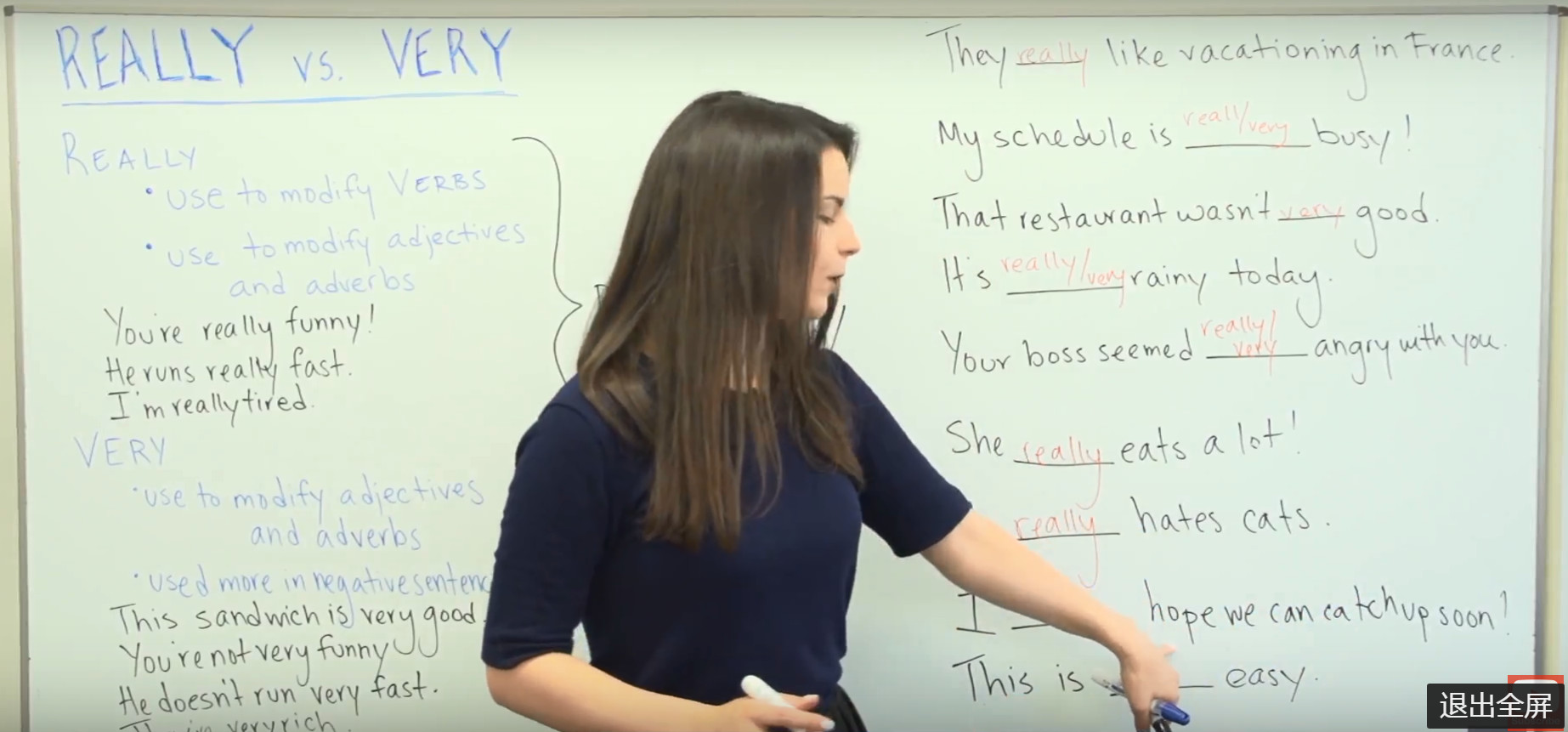
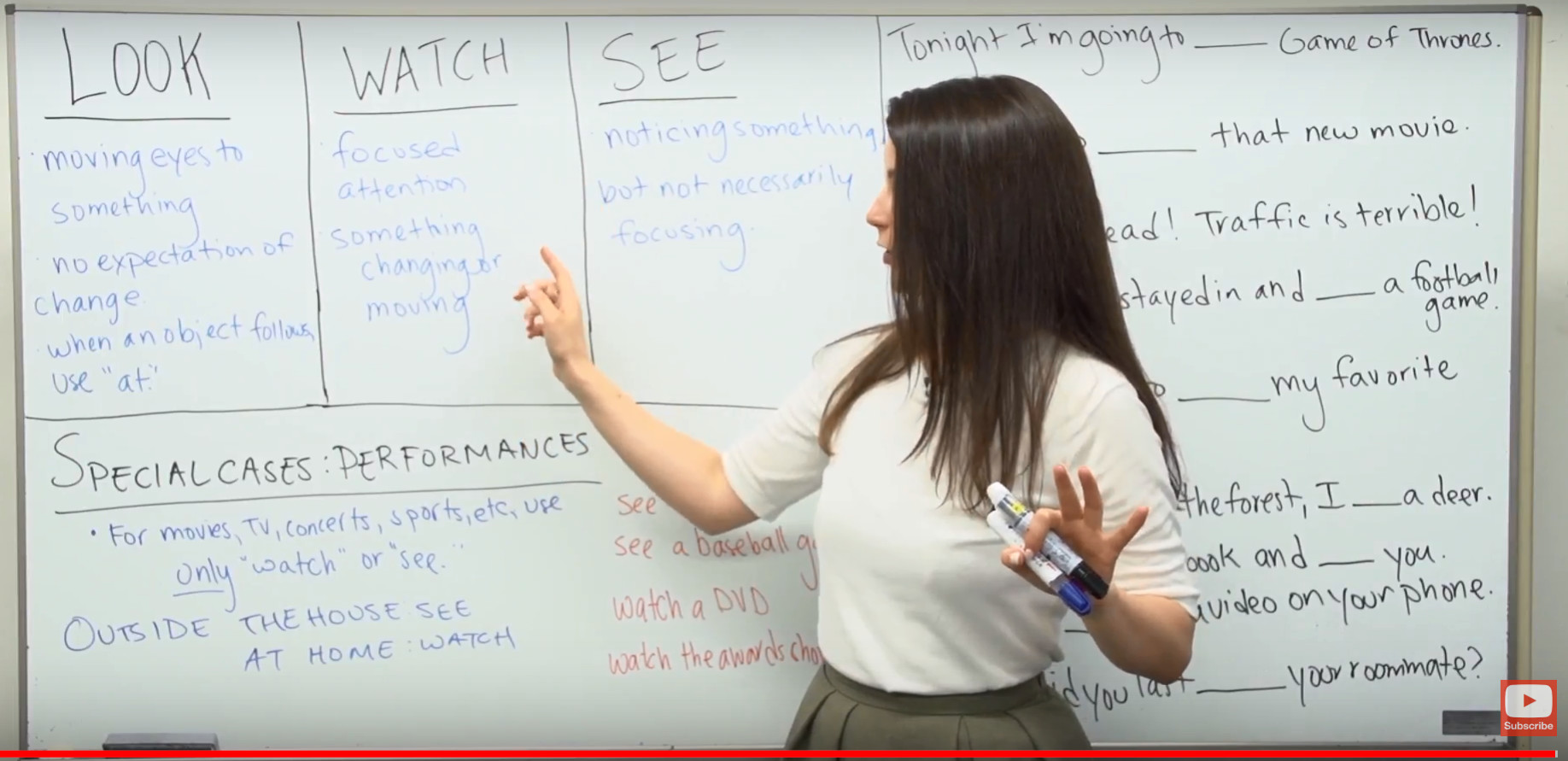
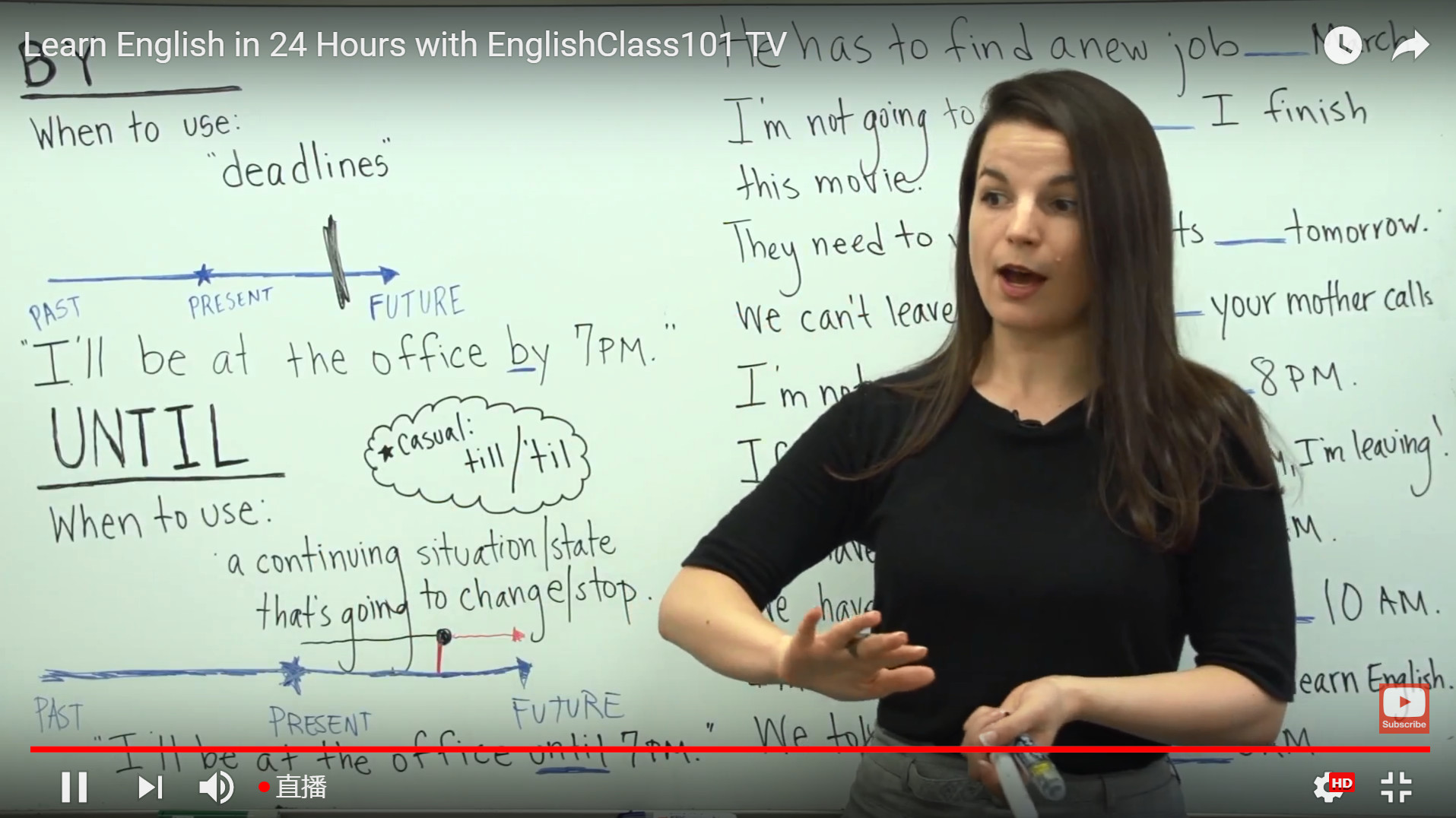
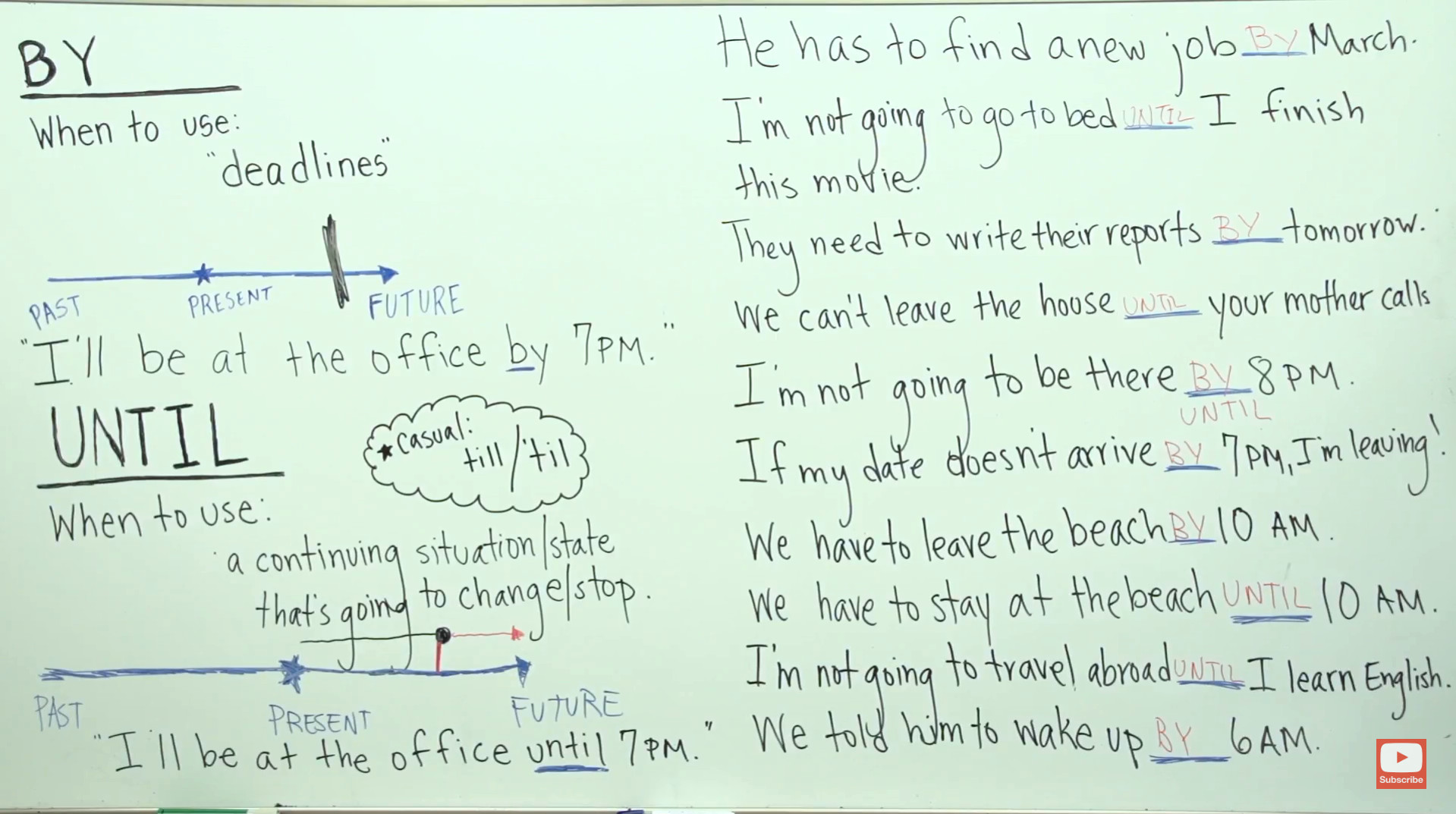
present perfect tense(现在完成时)
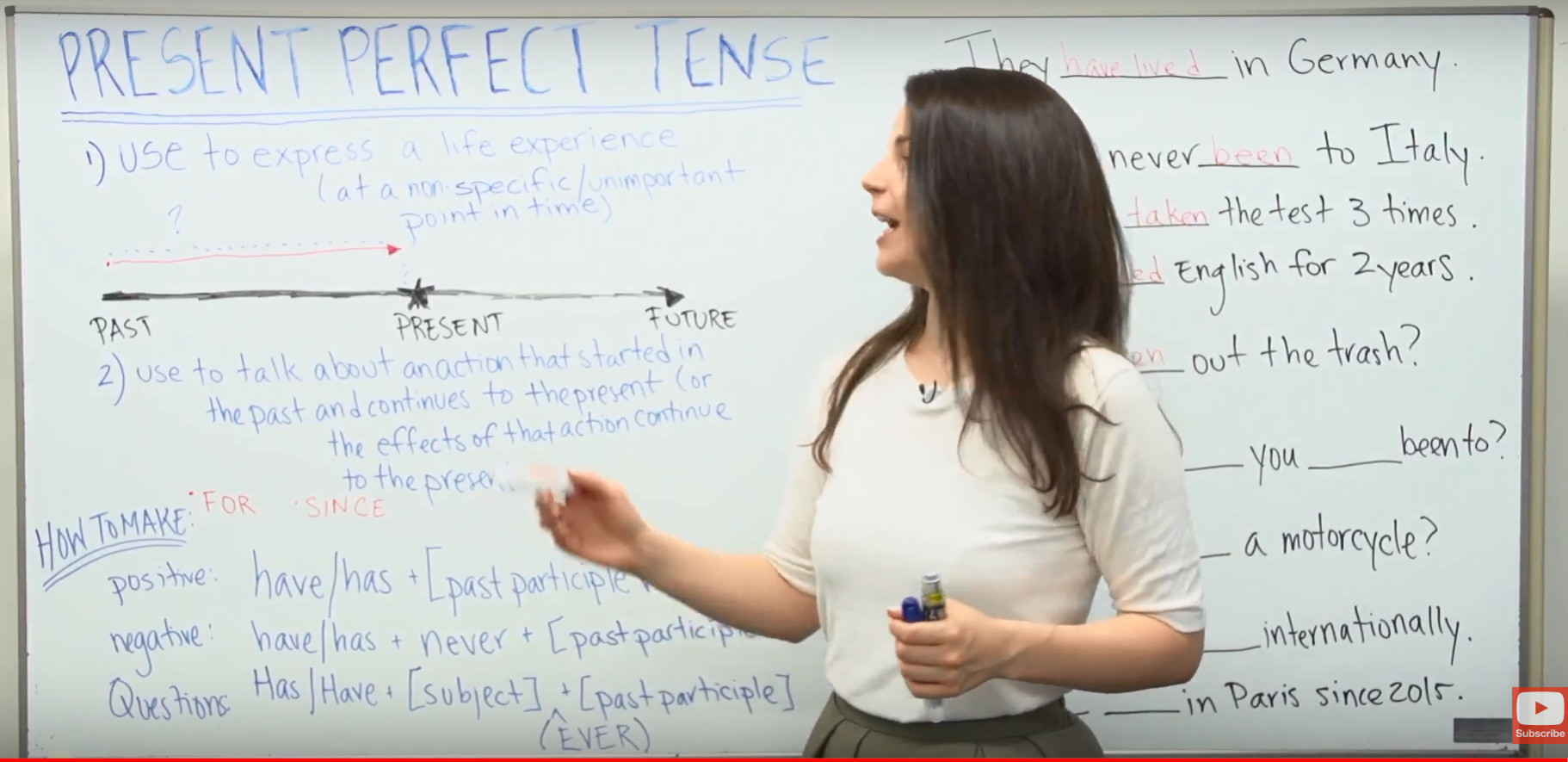
比如这句:
we have detected an increased number of requests and have limited traffic temporarily。
应该是指detected an increased number of requests的影响持续到现在,
如果说we detected an increased number of requests,只是单纯讲有这样一件事,有可能是一年前detected,那么一年前的事,估计也没有什么影响了。
The present perfect is formed from the present tense of the verb have and the past participle of a verb.
We use the present perfect:
1.for something that started in the past and continues in the present:
They've been married for nearly fifty years.
She has lived in Liverpool all her life.2.when we are talking about our experience up to the present:
I've seen that film before.
I've played the guitar ever since I was a teenager.
He has written three books and he is working on another one.3.for something that happened in the past but is important in the present:
I can't get in the house. I've lost my keys.
Teresa isn't at home. I think she has gone shopping.https://learnenglish.britishcouncil.org/grammar/english-grammar-reference/present-perfect
这里有更详尽的介绍,说了6种情况:
https://www.grammarly.com/blog/present-perfect-tense/
现在完成时和一般过去时的区别:
很多时候,现在完成时和简单过去时之间的区别在于强调或动作是否真正完成。
但是,有一条特别需要注意的规则:不要在特定时间使用现在完成时。
错误:I have gone for a walk on Tuesday.
正确:I went for a walk on Tuesday.
当然,你可以表示“一段时间”里使用现在完成时。
simple past tense(一般过去式)
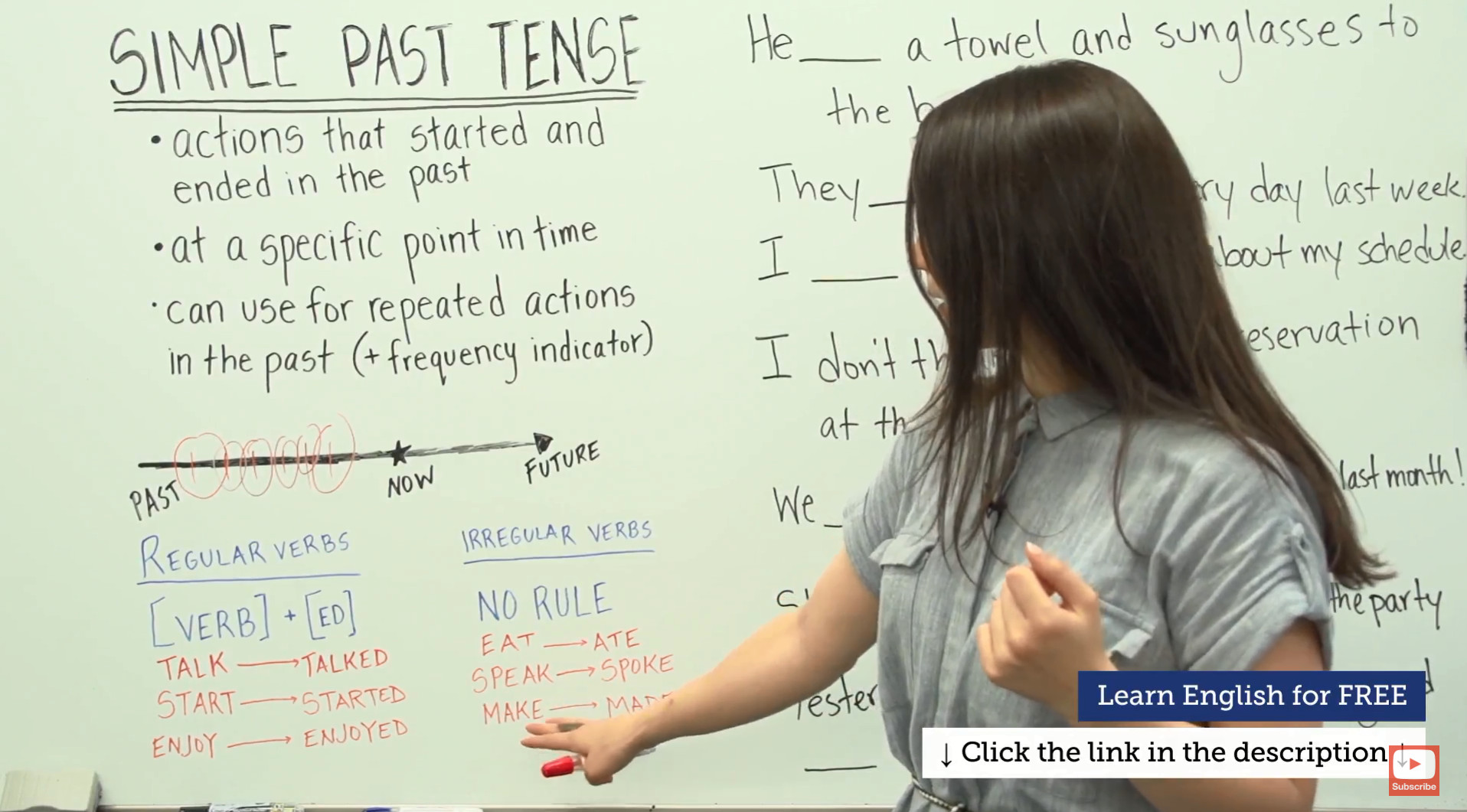
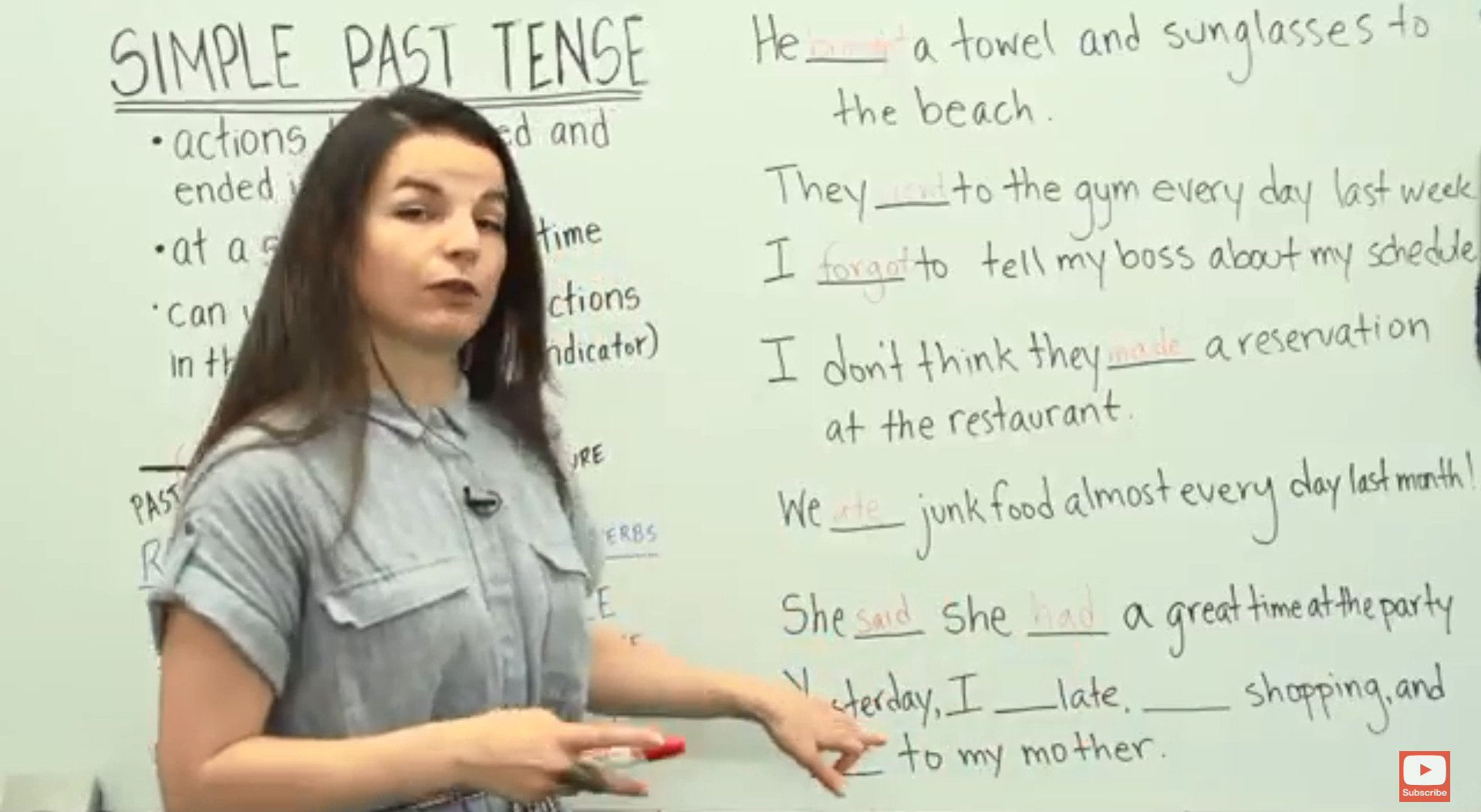
simple future tense(一般将来时)
一个动词只有一个present form,一个past form,但是有many possible future form.
用现在时表达将来的意思:
What are you doing this weekend?
Class starts at 10:00.
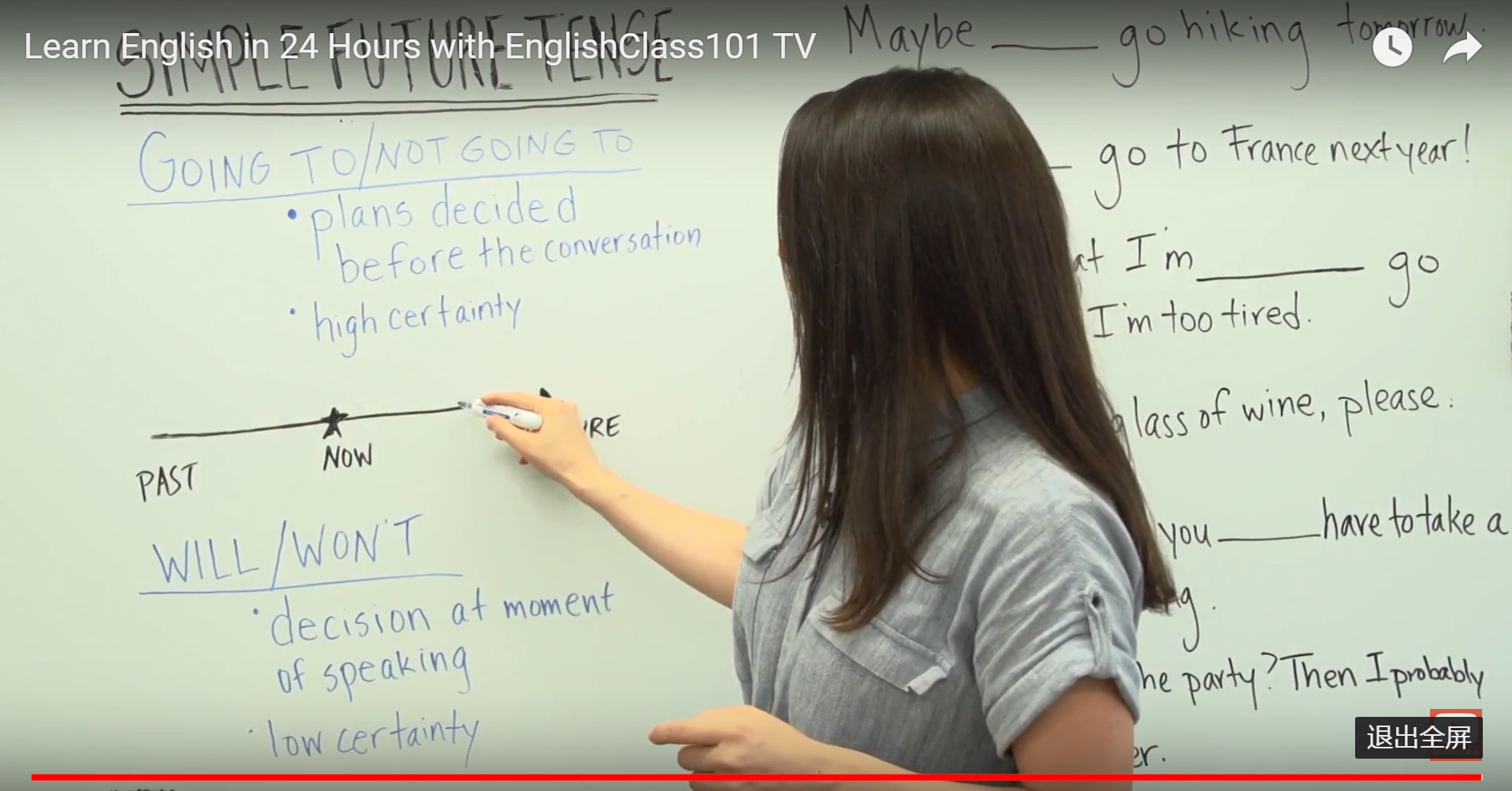
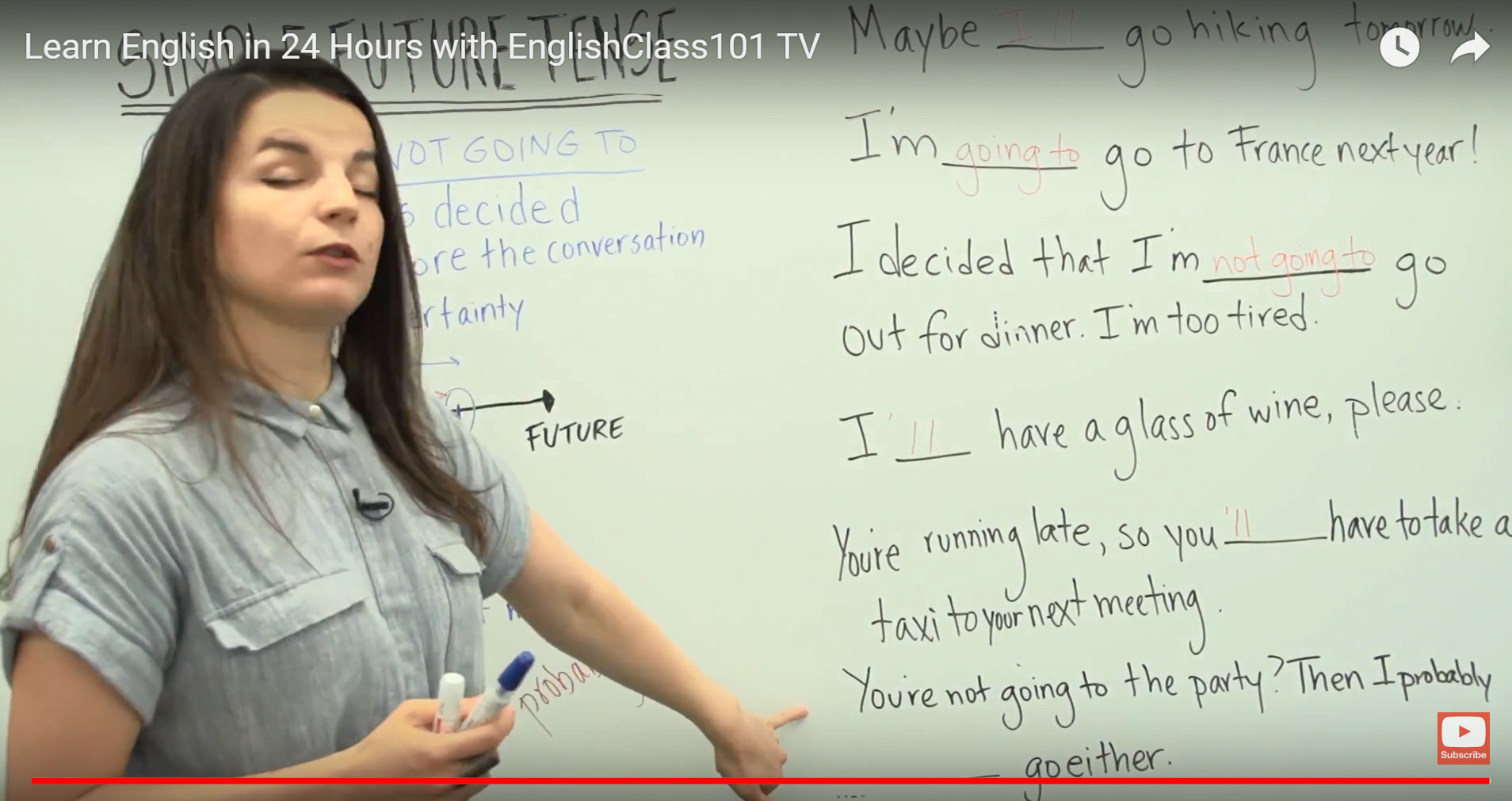
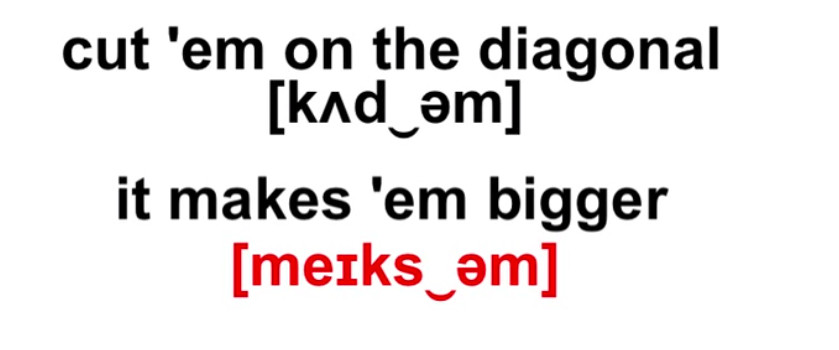
再来一篇文章,可以彻底搞懂英语的词态:
这篇文章,我们深入时态的本质,介绍一个对很多英语学习者来讲非常陌生的概念:「体」(aspect)。看完之后,相信你对英语的动词和时态会有更加深刻的理解。
我们一般说的时态,是相对谓语动词而言的。也就是说,只有谓语动词才具有时态的属性。可是「时态」这个词,给人的感觉就是动作在时间轴上发生的时间。可是,这就让学生忽略了谓语动词所蕴含的另一个非常重要的属性:「体」,英文做aspect。「体」是指动作本身的状态,它是完全独立于时(tense)的。
体和时的结合,形成了英语常见的12种时态。由此可见,谓语动词应该是包含了两个极其重要的属性:时和体。
时(tense),指动作本身在时间轴上的位置,即发生在过去,现在,还是将来。
体(aspect),表明了动作本身的状态,即是结束了,还是在进行中等等,这是独立于时(tense)存在的。
既然体表明动作的状态,那么我们一般认为它有4种:
- 一般体(simple aspect)
- 进行体(progressive aspect)
- 完成体(perfect aspect)
- 完成进行体(perfect progressive aspect)
假设我们在字典里找了一个动词:drink,我们将其称为动词原形(base form)。现在我们以这个词为例来逐一解释一下动词的这4个体:
一. 一般体(simple aspect)
概念:仅仅是称述一个事实(fact)。
1.表述一个简单的动作。(I went to Rome)
2.重复的动作或状态。(I go to work by bus)
形式:动词原形(base form),即drink
从概念上讲,一般体drink仅仅表明一个事实,是独立于时(tense)而言的。比如「我喝咖啡」就是一个事实(fact),这是独立于时(tense)的,也就是说这个「喝」的事实,可以发生在过去,现在或者将来,如下:
I drank coffee. 我过去喝咖啡。
I drink coffee. 我现在喝咖啡。
I will drink coffee. 我将会喝咖啡。
三句话虽然时态不同,但是都是称述一个事实,也就是说里面的drink都是一般体。换句话说,我们把表示事实的一般体drink,放在了过去,现在和将来三个时间域下,形成了上面三句话。
二 . 进行体(progressive aspect)
概念:表明动作正在进行
形式:(base form)ing,即drinking
经常talk about one moment in time.
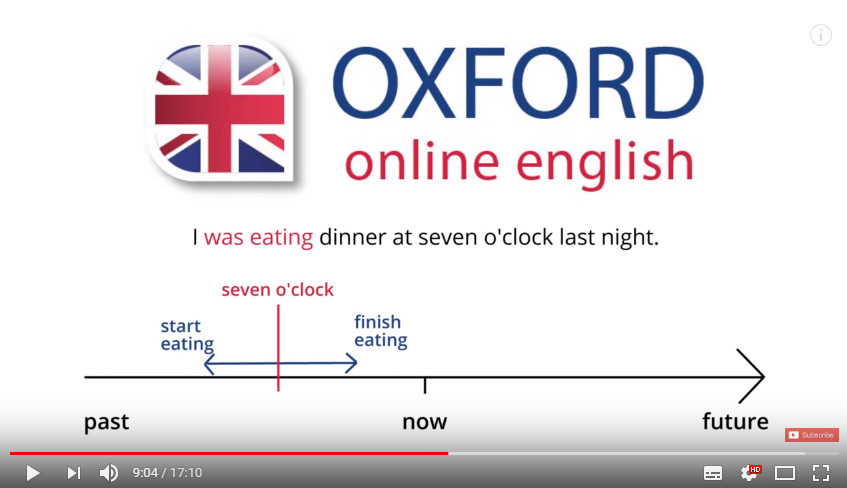
很好理解,进行体就是「正在喝」,即drinking。它同样是独立于时(tense)的,即可以是「过去正在喝」,「现在正在喝」,或者「将来正在喝」。虽然时间点不同,但都是进行体,即drinking这个表示进行的状态是不变的。
蜗牛博客:
1.过去进行时:
实际应用示例:
Last week, I mentioned that I was developing my own SEO tool. Well, I’m thrilled to report that it’s now capable of submitting links to 790 websites!

(1)Interrupted Action in the Past (过去持续的动作被某动作打断)
- I was watching TV when she called.
- When the phone rang, she was writing a letter.
- While we were having the picnic, it started to rain.
- What were you doing when the earthquake started?
- I was listening to my iPod, so I didn't hear the fire alarm.
- You were not listening to me when I told you to turn the oven off.
- While John was sleeping last night, someone stole his car.
- Sammy was waiting for us when we got off the plane.
- While I was writing the email, the computer suddenly went off.
- A: What were you doing when you broke your leg?
B: I was snowboarding.
The past continuous is often used together with the simple past to show that one thing happened while another thing was in progress:
例句:
He was drinking beer when he suddenly felt sick.
(2)Specific Time as an Interruption
- Last night at 6 PM, I was eating dinner.
- At midnight, we were still driving through the desert.
- Yesterday at this time, I was sitting at my desk at work.
2.现在进行时
(1)Now(现在正在干什么事)

例句:
You are learning English now.
Are you sleeping?
I am sitting
Why aren't you doing your homework?
(2)Longer Actions in Progress Now

In English, "now" can mean: this second, today, this month, this year, this century, and so on. Sometimes, we use the present continuous to say that we are in the process of doing a longer action which is in progress; however, we might not be doing it at this exact second.
下面是例句:
I am studying to become a doctor.
I am reading the book Tom Sawyer.
I am not reading any books right now.
Are you working on any special projects at work?
Aren't you teaching at the university now?
(3)Near Future

I am meeting some friends after work.
I am not going to the party tonight.
Is he visiting his parents next weekend?
Isn't he coming with us tonight?
(4)Repetition and Irritation with "Always"

例句:
- She is always coming to class late.
- He is constantly talking. I wish he would shut up.
- I don't like them because they are always complaining.
3.将来进行时:

Future continuous has two different forms: "will be doing " and "be going to be doing." Unlike simple future forms, future continuous forms are usually interchangeable.
(1)Interrupted Action in the Future
I will be watching TV when she arrives tonight.
He will be studying at the library tonight, so he will not see Jennifer when she arrives.
(2)Specific Time as an Interruption in the Future
- Tonight at 6 PM, I am going to be eating dinner.
I will be in the process of eating dinner. - At midnight tonight, we will still be driving through the desert.
We will be in the process of driving through the desert.
三. 完成体(perfect aspect)
概念:表明动作完成了(completed action)
形式:过去分词,即drunk
它connect two points in time.
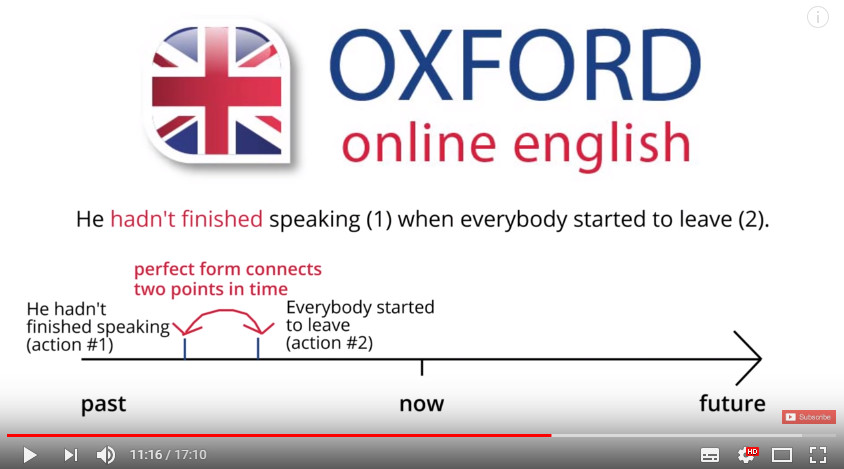
完成体表示动作完成了,即「喝完了」的状态,形式上为drunk。同样独立于时(tense)。例如:
I had drunk. drunk就是完成体,即表明「喝完了」,而前面加上had表示过去,所以意思上就理解为:我在过去就已经喝完了,所以隐含的意义就是「喝」这个动作是在过去(had)之前就发生了的,即发生在过去的过去。也就是我们常说的过去完成时——表明过去的过去发生的动作。
蜗牛博客:
I had drunk the wine before you arrived.
再看例句:
I had never seen such a beautiful beach before I went to Kauai.
再以将来完成时为例,形式从表上得出为will have drunk,那么从体的角度可理解为「已经喝完」,放在将来的时间域里面,字面上的理解为「在将来就已经喝完了」,这样,句子He will have drunk three bottles by the end of the evening. 理解为「到晚上的时候他将喝完三瓶啤酒了」就是自然而然的事情了。
四. 完成进行体(perfect progressive aspect)
概念:表明动作(暂时)完成了,并且还要继续进行下去
形式:been +(base form)ing
这个可以理解为完成体和进行体的结合,其实并不难理解。举一个例子,比如我们常常追的美剧,追完了一季(完成),但是这部剧还将继续进行下去(进行)。再以这个专栏【英语私房课】为例,我写完一篇文章意味着完成,但是这个专栏还是将继续进行下去,这里的「写」便是完成进行体。同样,这是独立于时(tense)而言的。
例如现在加入时(tense)的概念,放在「现在」这个时间点上:
I have been drinking coffee since I was eight. 我从8岁开始就在喝咖啡。
上一杯咖啡已经喝完了(完成),而且我还继续喝下去(进行),典型的完成进行体放在「现在」的时间(tense)里。
再看其他例句:
1.过去完成进行时:

(1)Duration Before Something in the Past (表示在过去某事前一直持续),可搭配"For five minutes" and "for two weeks"使用。
You had been waiting there for more than two hours when she finally arrived
She had been working at that company for three years when it went out of business.
下面这句是自己加的:
There is no doubt whoever obtained these photos had been uploading them on the Internet with malicious and deliberate intent.
(2)Cause of Something in the Past(导致过去某事发生的原因)
Jason was tired because he had been jogging。
Sam gained weight because he had been overeating.
2.现在完成进行时:

表示某动作过去开始,持续到现在。The present perfect continuous usually emphasizes duration, or the amount of time that an action has been taking place
用法:
(1)Duration from the Past Until Now
You have been waiting here for two hours.
They have been talking for the last hour.
She has been working at that company for three years.
(2)Recently, Lately
You can also use the present perfect continuous WITHOUT a duration such as "for two weeks." Without the duration, the tense has a more general meaning of "lately." We often use the words "lately" or "recently" to emphasize this meaning.
- Recently, I have been feeling really tired.
- She has been watching too much television lately.
- Have you been exercising lately?
- Mary has been feeling a little depressed.
- Lisa has not been practicing her English.
- What have you been doing?
3.将来完成进行时(future perfect continuous tense)

有两种基本形式:"will have been doing " and "be going to have been doing."
You will have been waiting for more than two hours when her plane finally arrives
You are going to have been waiting for more than two hours when her plane finally arrives.
其中又可以分为:
(1)Duration Before Something in the Future 某件事将持续到未来的某个特定点(事情发生于说话点前):
They will have been talking for over an hour by the time Thomas arrives.
James will have been teaching at the university for more than a year by the time he leaves for Asia.
She is going to have been working at that company for three years when it finally closes.
(2)Cause of Something in the Future 未来的某个动作是某件事的原因或者结果
Jason will be tired when he gets home because he will have been jogging for over an hour.
Claudia's English will be perfect when she returns to Germany because she is going to have been studying English in the United States for over two years.
具体可以参考这里
总结一下:
动词有4个体,其实代表的是动作的状态,它们都是独立于时间(tense)而言的。
由此可见,动词的这4种体反应的是动作本身的状态,本身并不含有时(tense)的概念。这四种体和时(tense)排列组合:
4体 × 3时 = 12种常见的时态
从意义上,如果我们以水平的方向看上面的表,每一个体都可以放到3个时(过去,现在,将来)里看,比如刚才说的一般体「喝」就可以发生在过去,现在或者将来。那么4个体,分别对应在3个时间域里面,就有了常见的12种时态。这是概念上的解释。
在结构上,上表的第三列给出了4种体对应的具体形式,那么如果要放在时间里面,就要在前面加上表示时间的助动词,这样动词就具有了时和体两重属性,也就形成了真正的谓语动词。
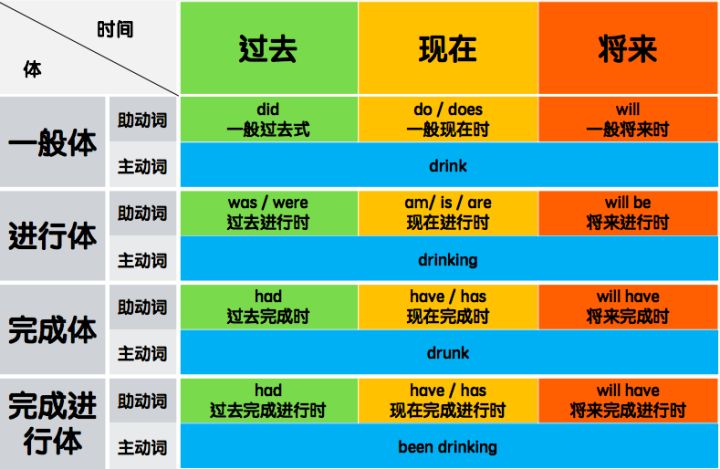
如上图,纵坐标为4种体,主动词对应了四种体的具体形式,每种体投射都三个时间域中,就形成了真正意义上的时态,每种时态的具体形式就是对应的 「助动词+ 主动词」,
比如一般过去时就是did + drink,如果放在陈述句中,两者合并形成drink的过去式drank,例如I drank yesterday,翻译为「我昨天喝了酒」。那么从体的角度来看,这称述了一个事实,而这个事实放在了过去的时间域,即我们常说的一般过去时态。
总结一下,本文从概念上将传统的时态(tense)拆为时和体两部分来理解,而且从形式上也做了拆分,前者便于理解,后者便于记忆。上面举了两个例子,剩下的10种读者不妨自己用drink造句,对比理解一下,我相信你对时态的了解会更深一层。
补充:一般过去式与现在完成时的区别
在一个群里,有位已经离开北京的小伙伴说:「I have lived in Beijing for six years.」这位小伙伴现在在成都生活。我在群里问了一下,其余的人都觉得这样说是没有问题的。所以,这促成了我写这篇帖子。
在上面那个情景中,用「现在完成时」是不正确的,应该用「一般过去时」,正确的说法应该是:
I lived in Beijing for six years.
再举一个例子,如果现在是下午,你说「I have shaved this morning.」这会给人一种很别扭的感觉,正确的说法应该是「I shaved this morning.」
如果从语感上你不能觉察出异同,那么请熟记下面的规则:
现在完成时默认你还此刻依然处于其中的时间段。因此,当句子中有某些时间状语时,比如this morning,this month,tonight,for XX years等,句子既可以用一般过去时,也可以用现在完成时,但是内涵不同。
句子用一般过去时,表明时间已经过去了,和「现在」无关。
句子用现在完成时,暗示时间还没有过去,「现在」还在这个时间段内。
按照此思路,我们就明白了上面两句话为什么不正确:
I have lived in Beijing for six years.
暗示「现在」在这六年中,也就是说我现在依然在北京居住。I have shaved this morning.
暗示「现在」依然在早上,所以这句话在下午或者晚上说听起来很奇怪(对于老外而言会很奇怪,你可以去问问他们哦~)。
比较下面两个句子:
I saw her this afternoon.
时间已经不在下午了。I have seen her this afternoon.
时间还在下午。
从这里,我们也可以引申出一个区别:
I opened the door.
开门发生在过去,至于门现在开没开着不好说。I have opened the door.
开门发生在过去,但是「现在」依然在时间段中,意味着门依然开着。
十、两种时态混用:
1.
My updated bot has saved me countless hours and is helping to create a diverse backlink profile.
2.I’ve kept up with publishing optimized content, which I believe is helping to solidify these gains.

